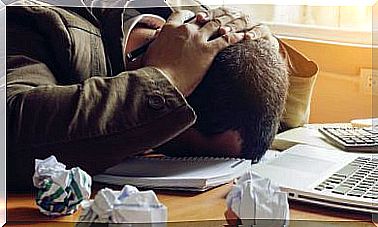Five Keys To Building Resilience In Children
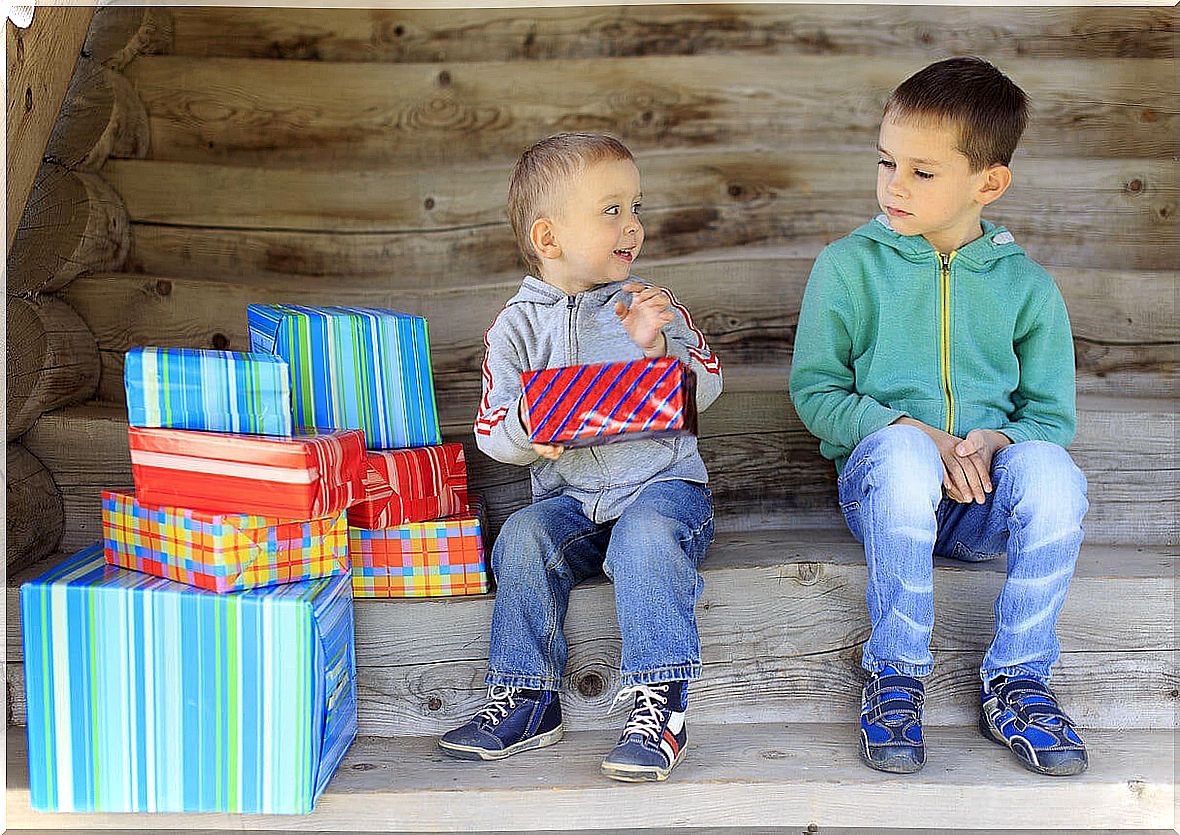
As parents, we would like to display a wide armor with which to protect our children from all evil for the rest of their lives. But this is not only impossible, but also counterproductive. It is healthier that we help develop resilience in children, allowing them to acquire this tool that will serve them so much in their future.
If we are the ones who are always managing their problems, and protecting them from risks, we will prevent them from being responsible for their own lives. They will develop a passive attitude where they do not learn from their mistakes, where they do not make their own assessment of their experiences in order to face life with greater security and competence.
This does not at all mean that we have to leave them alone by denying them our hand, not at all. We will never stop protecting them. However, it would be necessary to educate children capable of developing their capacity for resilience. Namely, that they are skillful in facing adversities, overcoming them and transforming them into something positive.
1. Competence to develop resilience in children
Indispensable. By this we mean the child’s ability to see themselves as people capable of handling and controlling situations. To be responsible.
How do we get it?
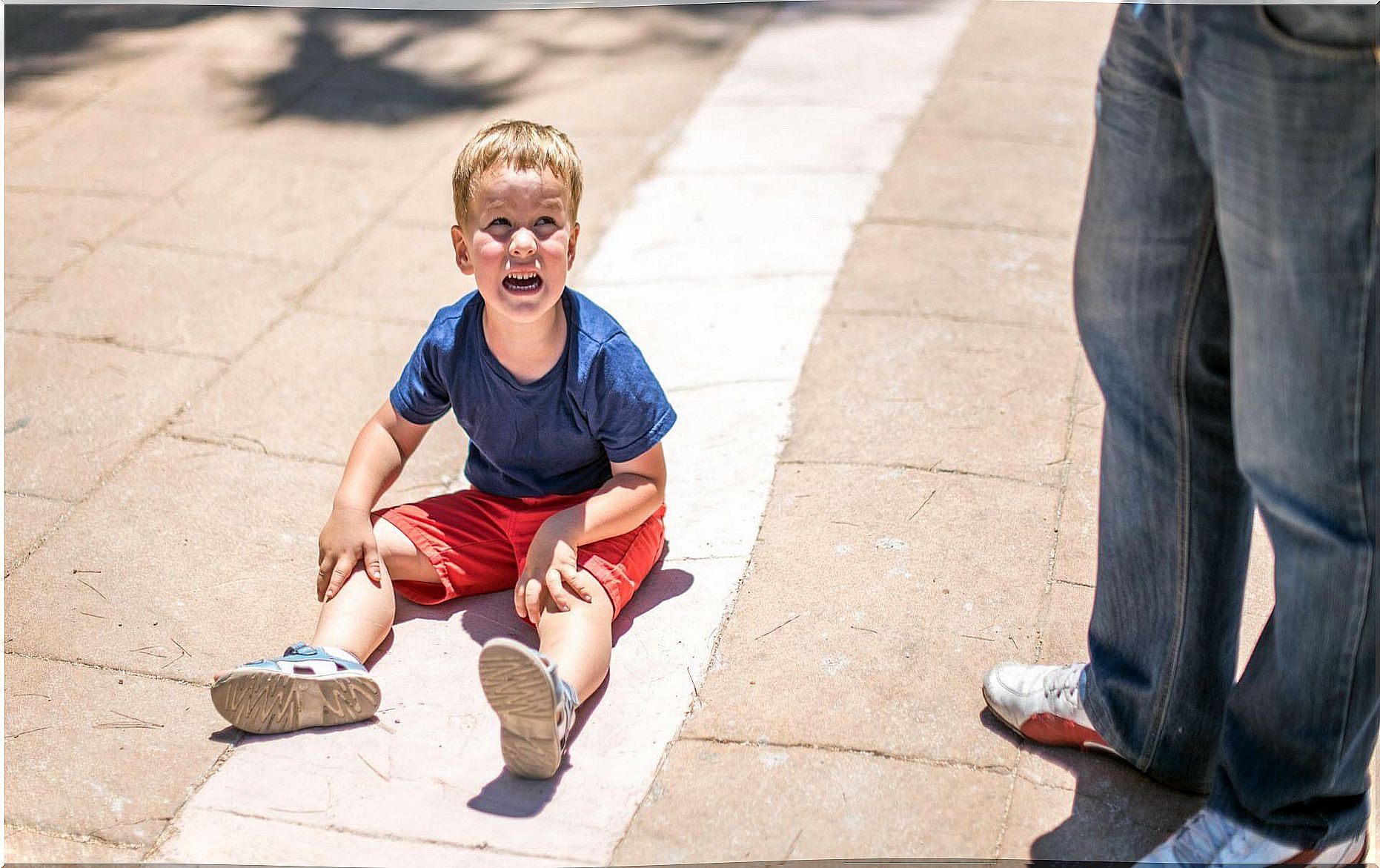
Tell them what their strengths are and what they do well. When they make mistakes, help them find improvement strategies, do not limit yourself to indicating only the negative side, nor to compare them with other people who do better than them. It is somewhat counterproductive. Offer them opportunities where they can make decisions, no matter how small.
2. Connection is essential
Children need to develop their emotional ties with the people around them. Offer him security, complicity, trust … do not let him isolate himself, do not allow that teenager to be locked in his room for half the day. Only.
To do this, you must correctly develop communication with him, showing that you have his support, that you are not going to judge him, veto him or make fun of what he says. All this will cause the child to develop values, to put aside his selfishness or individuality, to establish a healthy connection with the environment that surrounds him. With society.
3. Character in the child
Basic but complex dimension. How do we get children to develop a healthy, affectionate and respectful character? How to develop resilience in children? Here comes the weight of parents and teachers. The child must understand that he must respect others, that society has limits and established rules in which he must move.
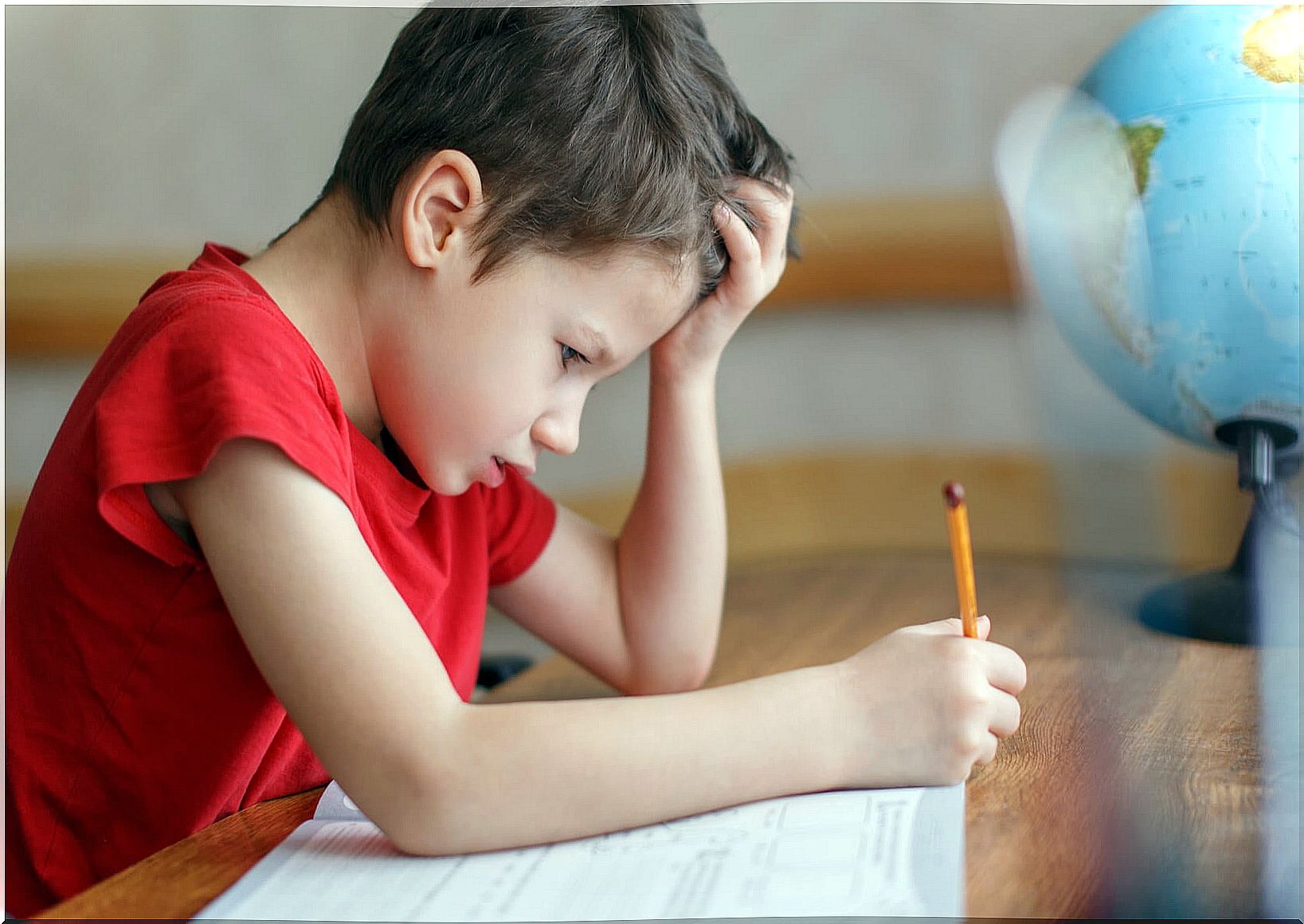
Not everything goes and you can’t have it all. It is necessary for children to have clear rules in their day-to-day life, rules that they understand. All this will avoid frustrations, and will teach him the need to be integrated into society respecting others, so that others respect him.
4. The confrontation
Stress is not just for adults. Children also suffer from it. Their day-to-day life is also complex: school, friends, teachers, extracurricular classes, subjects to pass…. many times they come to bed exhausted and with a few worries in their head just like us.
We can give them strategies, encouragement and continuous support to show them that they will be able to overcome any difficulty. A failed exam is a challenge to overcome with more effort.
A fight with a classmate is never solved with hitting or insults. For a friend who makes a contempt for them, they will surely find another that better fits their personality and concerns. Life can put walls in our path, but it also offers us paths through which to find better options. This will help improve resilience in children.
5. Control
To develop resilience in children, children must know that they will always count on our help and support. It is something essential that will give them security. But we also have to teach them to be responsible for their own things, to take control. Your work at school and your performance is your responsibility.
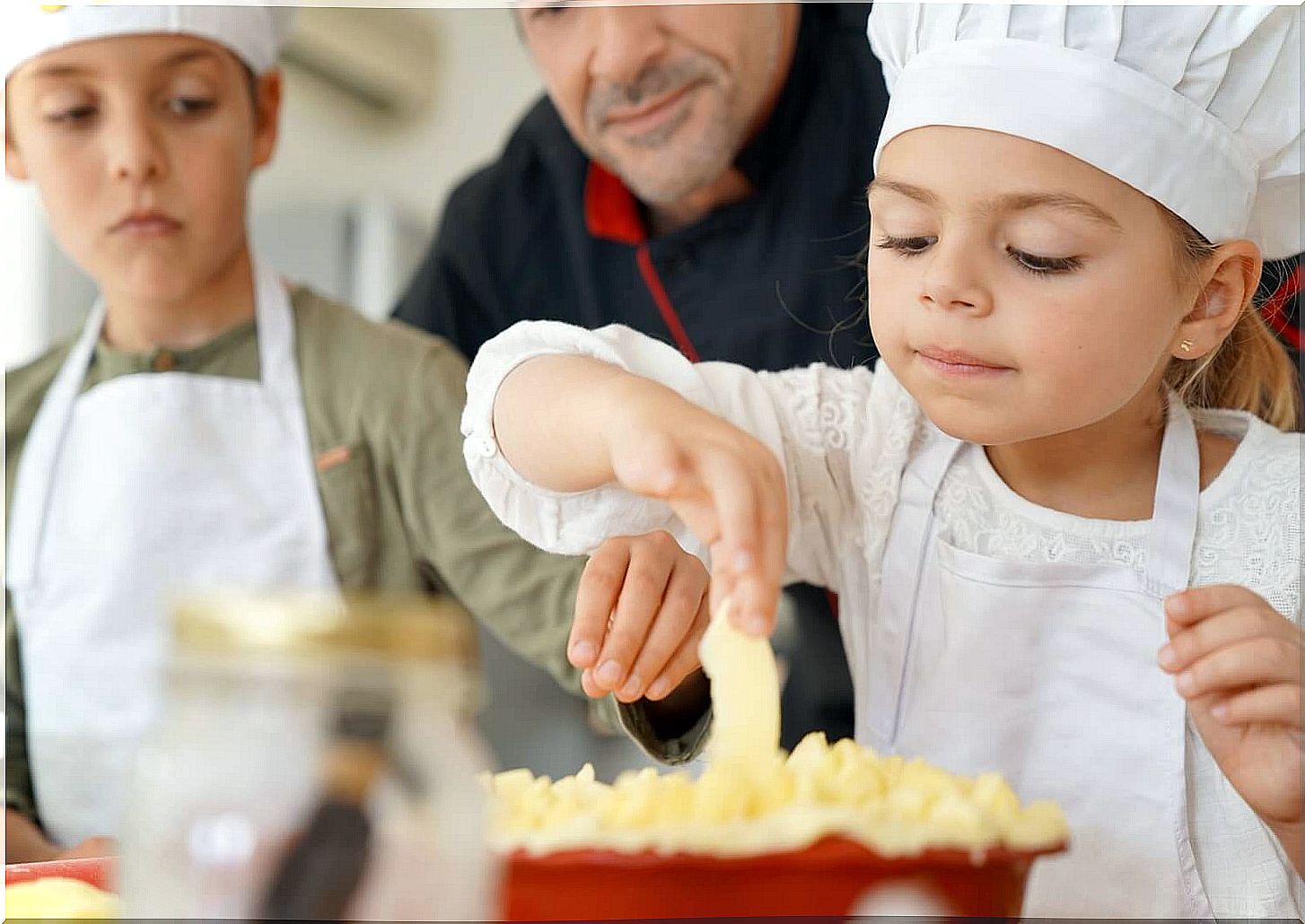
They must also understand that most of the things that happen to him are not due to chance, if he fails, if he loses his portfolio, if he forgets his homework, or if a teacher scolds him, it is due to himself and his performances in every moment .
If we educate responsible children who take control over their own things, we will achieve more effective adults managing their lives and their emotions, people who will always strive in the first person for their actions.
And, although most of the things that happen to us are due to our own decisions, we all know that sometimes life brings us unforeseen things that are beyond our control. Hence the need to know how to deal with them with our own strategies that we have previously applied in other situations.
Learning from day to day, becoming aware of oneself in society, and the effort to maintain healthy relationships, will teach children to face their own challenges, thus being more resilient. And consequently happier.
Do you dare to put these keys into practice to develop resilience in children?





